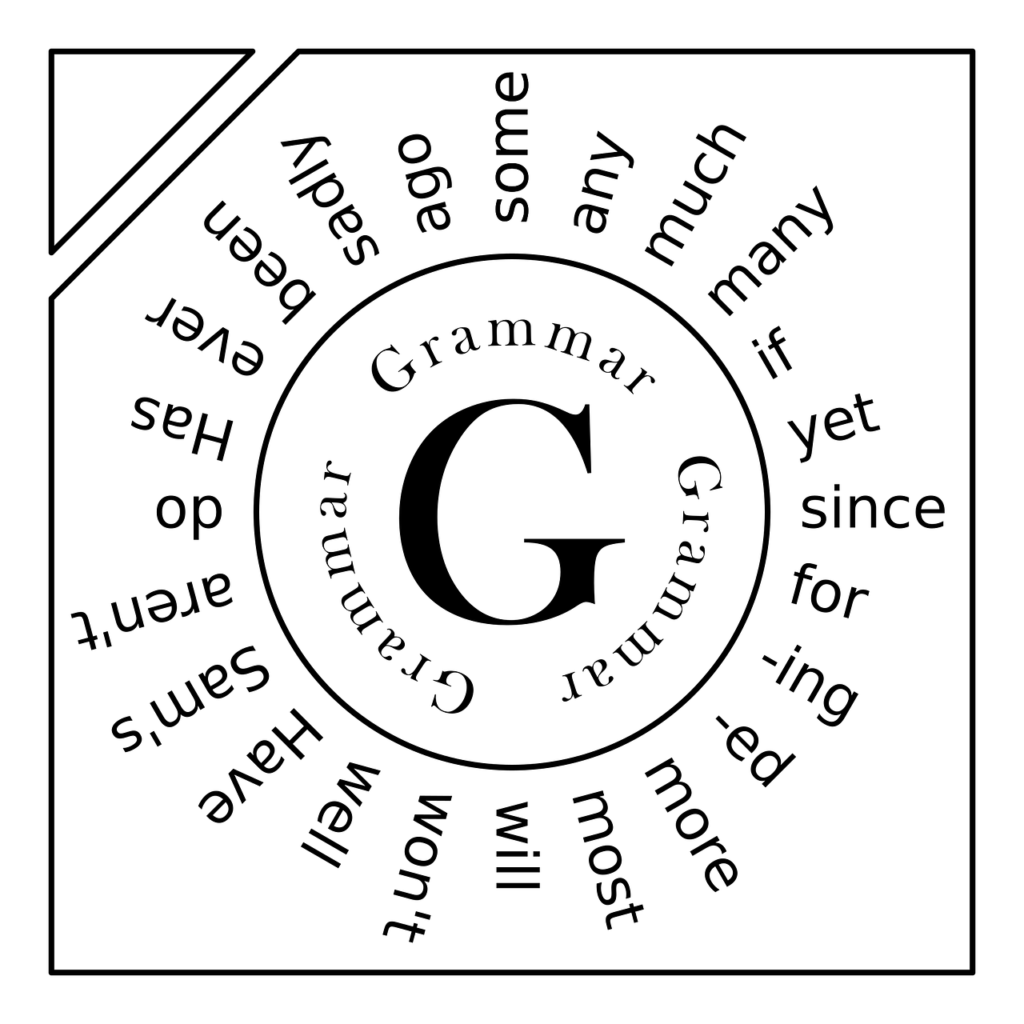Time Sequencers
Time sequencers are words or phrases used to indicate the order in which events occur. They help to clarify the sequence of actions and events in a narrative, making it easier for the reader or listener to follow the progression of time. Understanding and using time sequencers effectively can greatly enhance your writing and speaking […]

